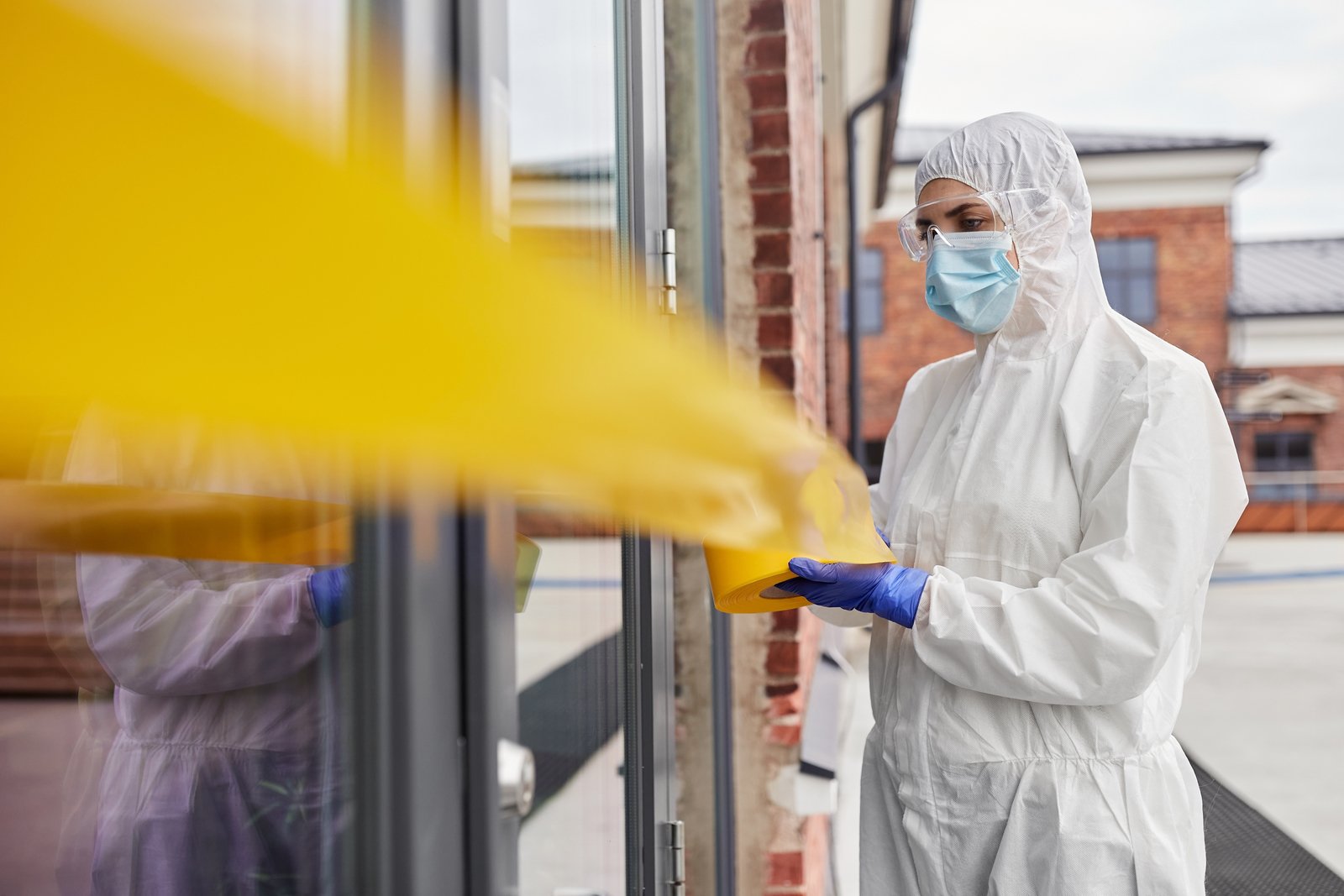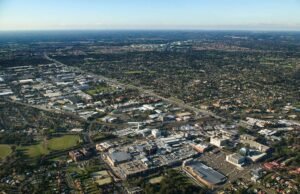
We are the industry leader
Liverpool Asbestos Removal
Looking for a local Asbestos Removal professionals in Liverpool? We service the whole of the Liverpool. See the full list of suburbs below.
GET IN TOUCH
Schedule an Inspection
Sydney Asbestos Removals is a leading provider of professional asbestos removal services in the Liverpool area. With years of experience and a team of highly trained experts, we specialize in the safe and efficient management of asbestos, ensuring the health and well-being of our clients and the community. As a trusted name in the industry, we are committed to delivering top-notch services that adhere to the highest standards of safety and regulatory compliance.
When it comes to asbestos removal in Liverpool, there are unique challenges that require specialized knowledge and expertise. As a local company, we understand the specific concerns and risks associated with asbestos in this area. Liverpool has a rich industrial history, and many older buildings may contain asbestos materials. Our team is well-versed in identifying and safely removing asbestos from residential, commercial, and industrial properties in Liverpool, ensuring a clean and asbestos-free environment. We prioritize the safety of our clients and strictly adhere to all relevant regulations and guidelines, providing peace of mind and a comprehensive solution to asbestos management.
GET IN TOUCH
Schedule an Inspection
Liverpool Asbestos Disposal Contractors
We are a professional team of licensed demolition contractors, that specialise in asbestos removal in the Liverpool area. We provide abatement and testing for both residential homes and commercial site clean up in Liverpool NSW.
Liverpool Profile
The suburb of Ashcroft, known for its unique blend of architectural styles, has a significant history of asbestos usage in its key buildings, public facilities, and infrastructure. Asbestos, a once-popular construction material due to its fire-resistant properties, was commonly used in the construction of many of Ashcroft’s most recognizable landmarks. The Ashcroft Town Hall, built in the 1960s, and the Ashcroft Public Library, constructed in the 1970s, are two such examples where asbestos was extensively used. The material was also widely used in the suburb’s residential sector, particularly in the mid-century modern style homes that are characteristic of Ashcroft. These homes, with their flat planes, large glass windows, and changes in elevation, were often built using asbestos-containing materials, especially in roofing, insulation, and flooring. The use of asbestos in Ashcroft’s construction peaked in the mid-20th century and gradually declined by the late 1980s as the health risks associated with asbestos became more widely recognized.
Today, asbestos-related issues pose significant challenges in Ashcroft, particularly in terms of public health and safety. The presence of asbestos in major schools, government buildings, and historical sites has led to a number of health concerns, primarily the risk of asbestos-related diseases such as mesothelioma and asbestosis. For instance, Ashcroft High School, one of the suburb’s most prominent educational institutions, has reported several cases of asbestos exposure in recent years. In response to these challenges, local authorities have implemented a comprehensive asbestos management plan. This includes regular inspections of public buildings for asbestos, safe removal and disposal of asbestos-containing materials, and public awareness campaigns about the risks of asbestos exposure. Furthermore, a number of health reports have been commissioned to study the impact of asbestos in Ashcroft, with a particular focus on high-risk areas such as the Ashcroft Industrial Estate. These measures aim to ensure the safety of Ashcroft’s residents and preserve the suburb’s rich architectural heritage while addressing its asbestos-related challenges.
GET IN TOUCH

